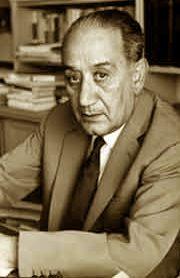A Quote by Frederick Buechner
Preaching and writing - it's the same. Whether I'm writing to speak or writing to be read in a book, it's the same thing.
Related Quotes
Writing is writing to me. I'm incapable of saying no to any writing job, so I've done everything - historical fiction, myths, fairy tales, anything that anybody expresses any interest in me writing, I'll write. It's the same reason I used to read as a child: I like going somewhere else and being someone else.
But the more I read... after awhile... I begin to find they were all writing about the same thing, this same dull old here-today-gone-tomorrow scene... Shakespeare, Milton, Matthew Arnold, even Baudelaire, even this cat whoever he was that wrote Beowulf... the same scene for the same reasons and to the same end, whether it was Dante with his pit or Baudelaire with his pot... the same dull old scene...
I don't think there are any secrets to writing in the - everybody has their own techniques. You must be widely read, that's one thing, because you have to resolve a tremendous amount of background information. Also, you should know what the competition is writing, just so you're not wasting your time doing the same thing. Unless you do it better, of course.
The process of writing a book is infinitely more important than the book that is completed as a result of the writing, let alone the success or failure that book may have after it is written . . . the book is merely a symbol of the writing. In writing the book, I am living. I am growing. I am tapping myself. I am changing. The process is the product.







































